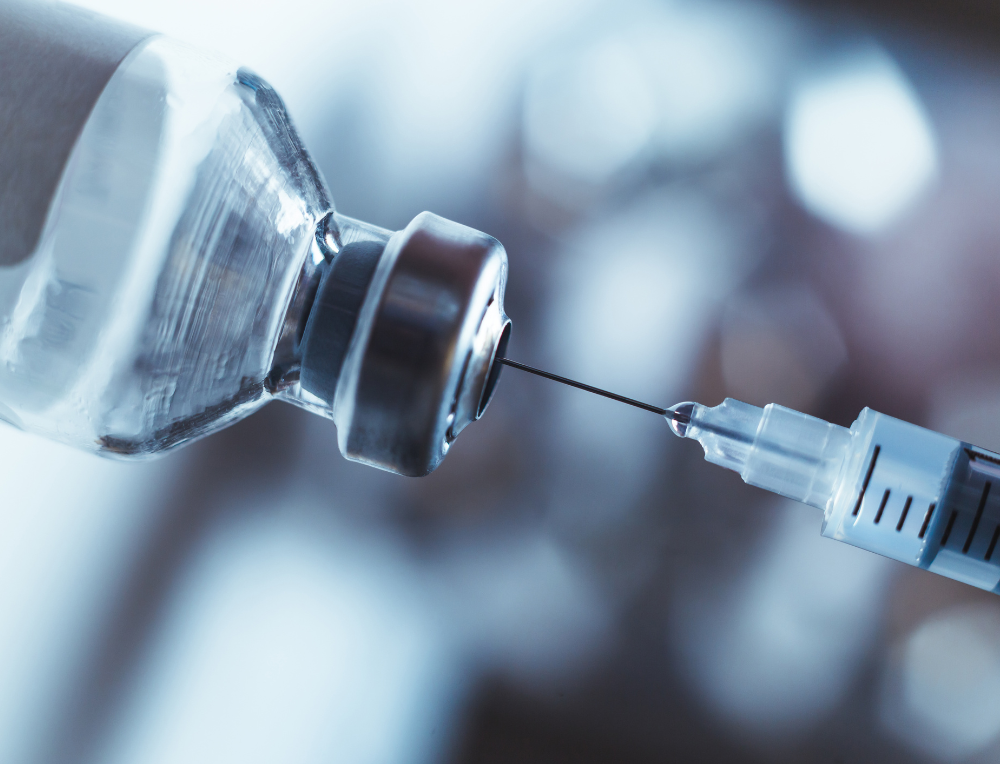Overcoming Barriers: Financing and Service Delivery for Vaccination in Fragile and Conflict-Affected States

An observational study has found evidence that people who sleep less may be less likely to benefit from a vaccine.
Scientists gave 125 generally healthy men and women the hepatitis B vaccination — two doses one month apart and then a booster six months later. For the seven days surrounding each of the shots, they equipped the participants with sleep-monitoring devices and had them keep diaries describing their sleep subjectively. They drew blood after the second and third shots to determine the subjects’ immune response to the vaccine by measuring blood levels of hepatitis B antibodies.
After adjustment for other factors that affect antibody response, the researchers found that duration of sleep as measured by the monitors predicted the blood level of hepatitis B antibodies after the second shot and the likelihood of having high enough levels to be clinically protected after the six-month booster.
The lead author, Aric A. Prather, a clinical health psychologist at the University of California, San Francisco, said that the effect was modest. “The vaccine works for almost everyone, irrespective of their sleep,” he said, “and there’s no evidence that changing your sleep pattern improves vaccination response. What was most surprising to us was that shorter sleep duration predicted a person’s likelihood of being protected six months later.”
The study appears in the August issue of the journal Sleep.
http://well.blogs.nytimes.com/2012/08/06/sleeping-less-may-alter-vaccine-response/?partner=rss&emc=rss